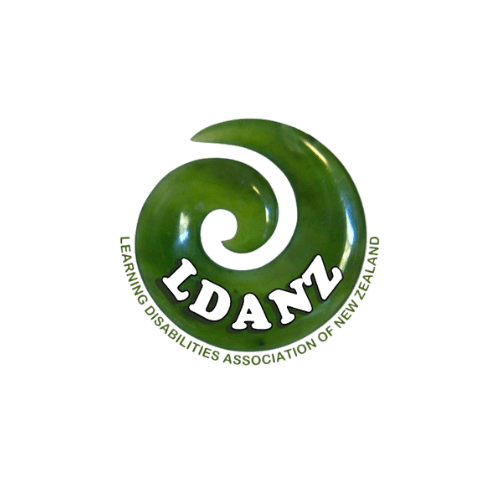Diagnostic Assessment
Assessments to Understand
LDANZ Assessors offer diagnostic assessments for individuals seeking to understand their learning profile and potential learning differences. Our assessments identify patterns of strengths and weaknesses and provide tailored recommendations for accommodations and interventions. These recommendations help individuals and their families improve access to learning, education, and the workplace.
Common questions and answers
Does my child need an assessment?
One very useful question to ask is “Do different people have very different views about my child?” As an example, your child’s teacher thinks that the child is “doing ok”, but your mother thinks they have a problem with paying attention. Or, you think that your child is learning as expected, but then the school says that your child needs learning support. When there is this kind of mismatch between views, then it is worth thinking that an assessment by a registered Assessor could be helpful.
Another useful question to ask is “Would my child be better off if they knew more about how they learn, and what areas of learning they might need more help in?” If you think that your child will respond well to being given this information about themselves, then it is worth exploring the assessment. One issue to consider is that some children respond to this kind of information by reducing the effort they put into learning if they believe that they are not able to learn.
How can an assessment help my child?
There are two broad ways that an assessment can help your child:
The people around your child can take action to make life better for your child when they have more clarity about the problem they are trying to solve.
Your child may have greater agency in making use of their own strengths and have less whakama about asking for help with their weaknesses.
What does an assessment look like?
The usual process for assessment of specific learning difficulties by an LDANZ Assessor will follow a process like this:
Make contact with the Assessor.
A pre-assessment information sharing will make sure that the assessment is the right path forward, and should include sharing of past experiences such as RTLB involvement, special classes, and medical issues related to learning and school attendance.
Settle on a day to meet. The Assessor may decide that your child is best served by having a series of shorter assessment sessions, or better to have the whole assessment in one day. The actual time spent with the Assessor will vary depending on what your child’s needs are. This is usually between 2 and 4 hours.
The Assessor will use the pre-assessment information and the scores from the tests to write a comprehensive report on what they have found and what they think should be offered to you for future teaching.
The report will be a bit complex, and you should expect your Assessor to spend at least one meeting time with you to explain what the report is all about. They should also be available to talk to the school or anyone else who needs to know what the report says.
Once the Assessor has explained the report to you and given you a copy, that is usually the end of the job assessor's job and the beginning of the advocacy work for the whānau.
